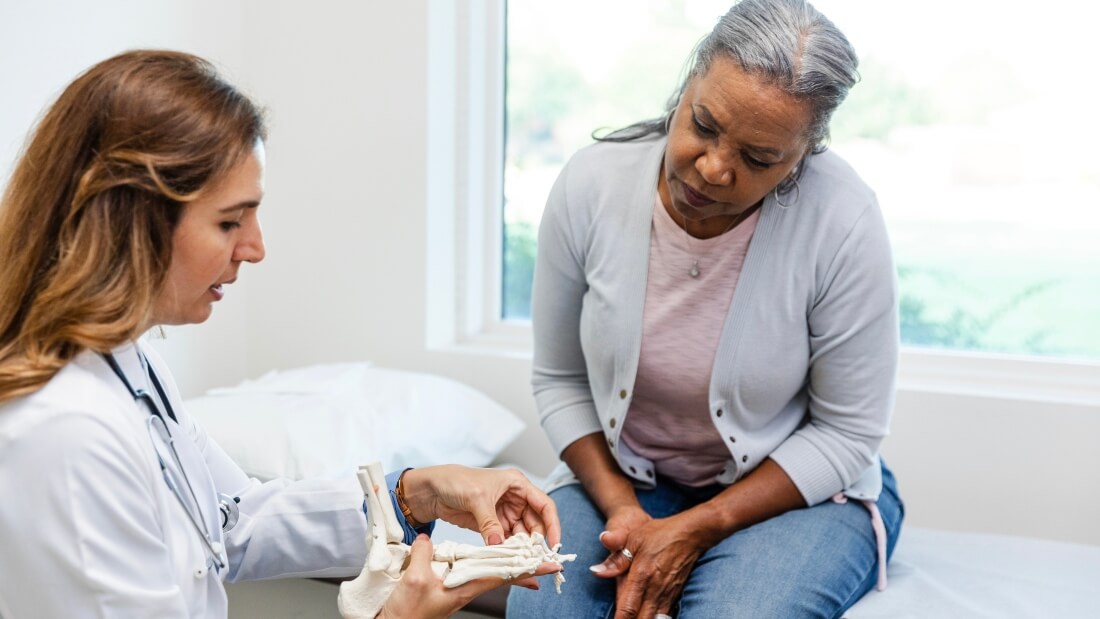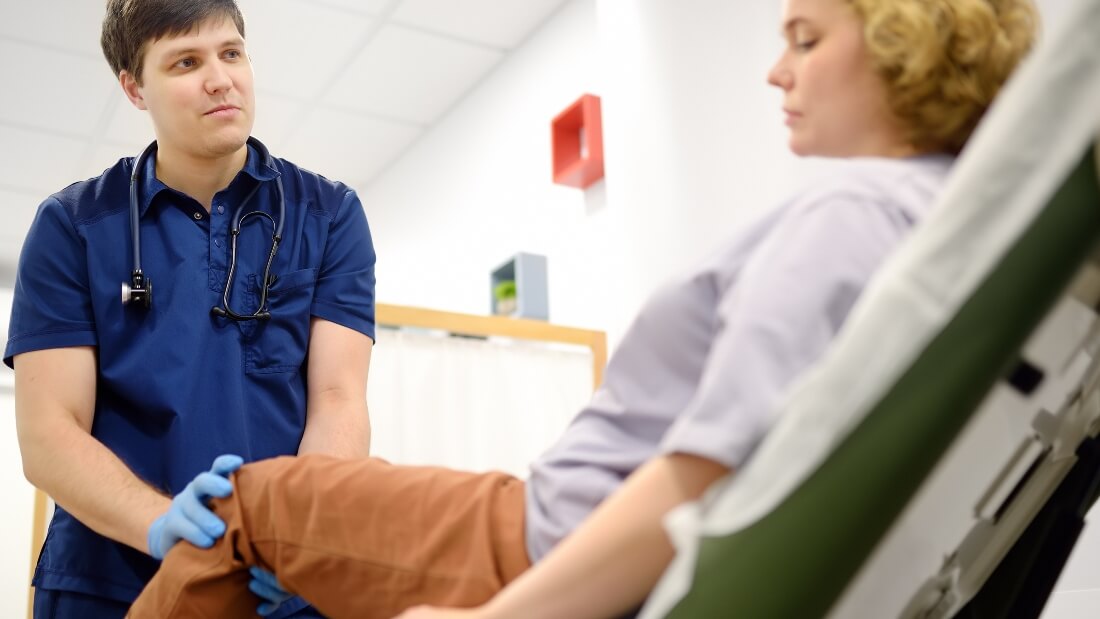


Pre-medical programs are an exciting time of discovery. During this phase of your education, you likely found a few specialties that spark your interest. If orthopedics stands out as a possible career field, UAG School of Medicine can provide the training you need. Preparing for a career in orthopedic surgery isn’t always easy, but the results are well worth it. Learn more about orthopedic surgery and how to embark on your career journey.
